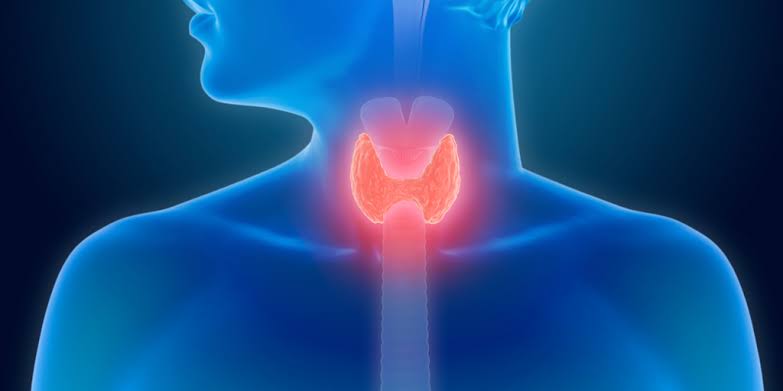Thyroid
Thyroid and endocrine surgery:
- Endocrine surgeries treat disorders that affect glands in your endocrine system.
- The surgeries mostly focus on diseases that affect your thyroid, parathyroid and adrenal glands.
- Glands are organs that release hormones into your bloodstream.
- These hormones send messages to tissues that tell them what to do to keep your body healthy.
- You may need endocrine surgery if a gland stops working correctly. The gland may send out too much hormone or not enough.
- Endocrine surgery options include minimally invasive laparoscopic or robotic-assisted surgeries, as well as open procedures.

Endocrine surgery focuses on which glands of the endocrine system?
- Adrenal glands: Your adrenal glands make androgens. These sex hormones affect your reproductive health and body development. Your adrenal glands also make cortisol. Your body releases this hormone during times of stress. A few other hormones, like aldosterone, help regulate your blood pressure.
- Parathyroid glands: This group of four small glands sits behind your thyroid gland. They control your body’s calcium and phosphorous levels, which are vital to bone development.
- Thyroid gland: This butterfly-shaped gland at the front of your neck controls your metabolism. It affects how your body makes heat and uses energy and oxygen.
What are some common endocrine disorders treated with surgery?
Different conditions can affect the health of glands in your endocrine system. You may need endocrine surgery to treat conditions that affect your:
Adrenal glands
- Adrenal tumors.
- Adrenocortical carcinoma.
- Cushing’s syndrome.
- Primary aldosteronism (Conn’s syndrome).
- Pheochromocytoma.
Parathyroid glands
- Hyperparathyroidism.
- Parathyroid adenomas.
- Parathyroid cancer.
Thyroid gland
- Hyperthyroidism.
- Goiter.
- Graves disease.
- Toxic (hyperfunctioning) thyroid nodules.
- Thyroid nodules.
- Thyroid cancer.
- PTEN hamartomatumor syndrome(Cowden syndrome).
